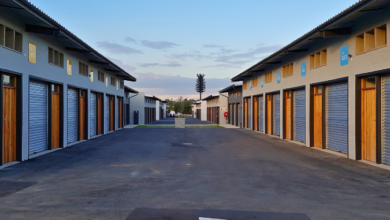How Ubuntu Education Aims To Enhance Educational Standards Across Sub-Saharan Africa

How Ubuntu Education Aims To Enhance Educational Standards Across Sub-Saharan Africa. Ubuntu Education’s goal is to enhance the educational standards for children across Sub-Saharan Africa by nurturing the growth and development of teachers on the continent. The company’s approach involves equipping teachers with essential resources, facilitating access to career-enhancing opportunities, and actively engaging with schools and education communities to foster growth from within.
The company believes that there is a smarter way of improving education for children attending African schools. It doesn’t believe in traditional educational ‘aid’ or handouts, but instead, dignified partnerships that enable African schools to determine markers of success and strategic development in their own contexts, on their own terms. Ubuntu Education disrupts the status quo in education on the continent by facilitating this development through growing education communities, and it is the first Edtech company to do so. The company is also proud to actively work towards the UN SDG4 goal “Ensure inclusive and equitable quality education and promote lifelong learning opportunities for all.”
Ubuntu Education believes that the key to preparing students for their futures in a vibrant and modern African society, is a truly decolonised and appropriately digitised approach to education. With this in mind, Ubuntu’s mission is to facilitate the re-positioning of schools and other educational organisations, to achieve excellence in their contexts.
Ubuntu firmly believes that sitting at the base of strong education systems, are strong communities that, if nurtured correctly, can become the fertile ground for exceptional education growth and development. These communities range from being local to any school, right up to international communities where educators can network, learn and grow with other like-minded people. It is its mission to create these communities.





